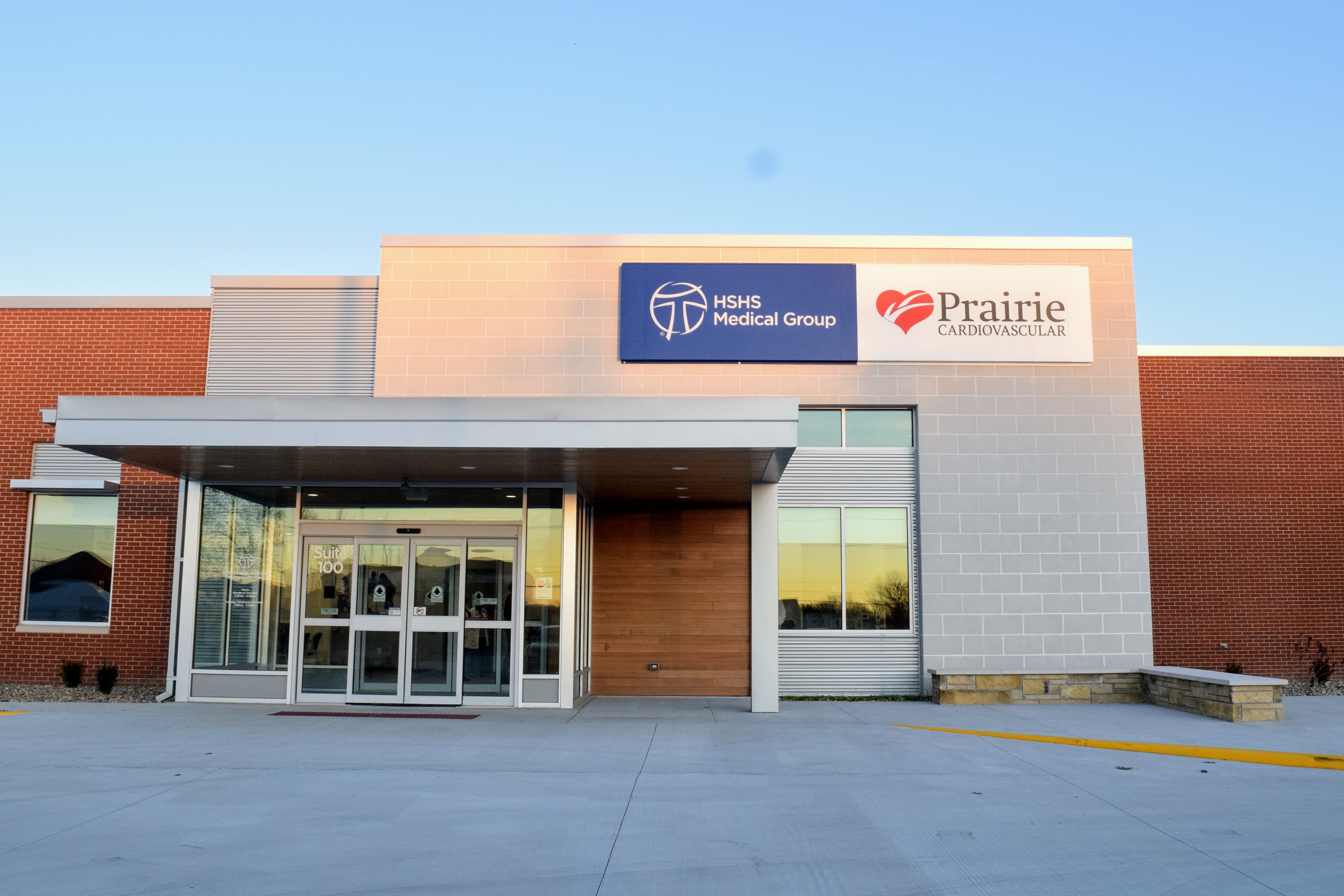SPECIALIZING IN TREATING INCONTINENCE
Incontinence is the involuntary loss of urine. This may occur with coughing, sneezing, changing positions, walking and lifting objects. The cause is often weak pelvic floor muscles or pelvic floor muscle incoordination that can occur after pelvic surgery. Urinary incontinence often occurs after prostate surgery. It can lead to embarrassment, depression, anxiety and decreased participation in social activities. Fortunately, specialized physical therapy offers a treatment program that can help restore normal pelvic floor muscle function and allow resumption of normal activities.
St. Elizabeth’s Hospital’s board certified physical therapists can develop a comprehensive, individualized and progressive program to improve post-prostatectomy urinary incontinence, and post-void dribble.
Interventions may include:
- pelvic floor exercise program
- patient education
- behavioral modification for bladder retraining
- sEMG biofeedback for pelvic floor muscle reeducation
Men can benefit from a pelvic floor exercise program to maintain normal function as weak pelvic floor muscles may contribute to urinary incontinence, sexual dysfunction, pelvic pain and rectal pain.
Call our Physical Therapy Clinic at 618-624-3668 to learn more about available services. Generally, six to eight physical therapy sessions are required, and are covered by most medical insurances. A signed physician prescription is required.




